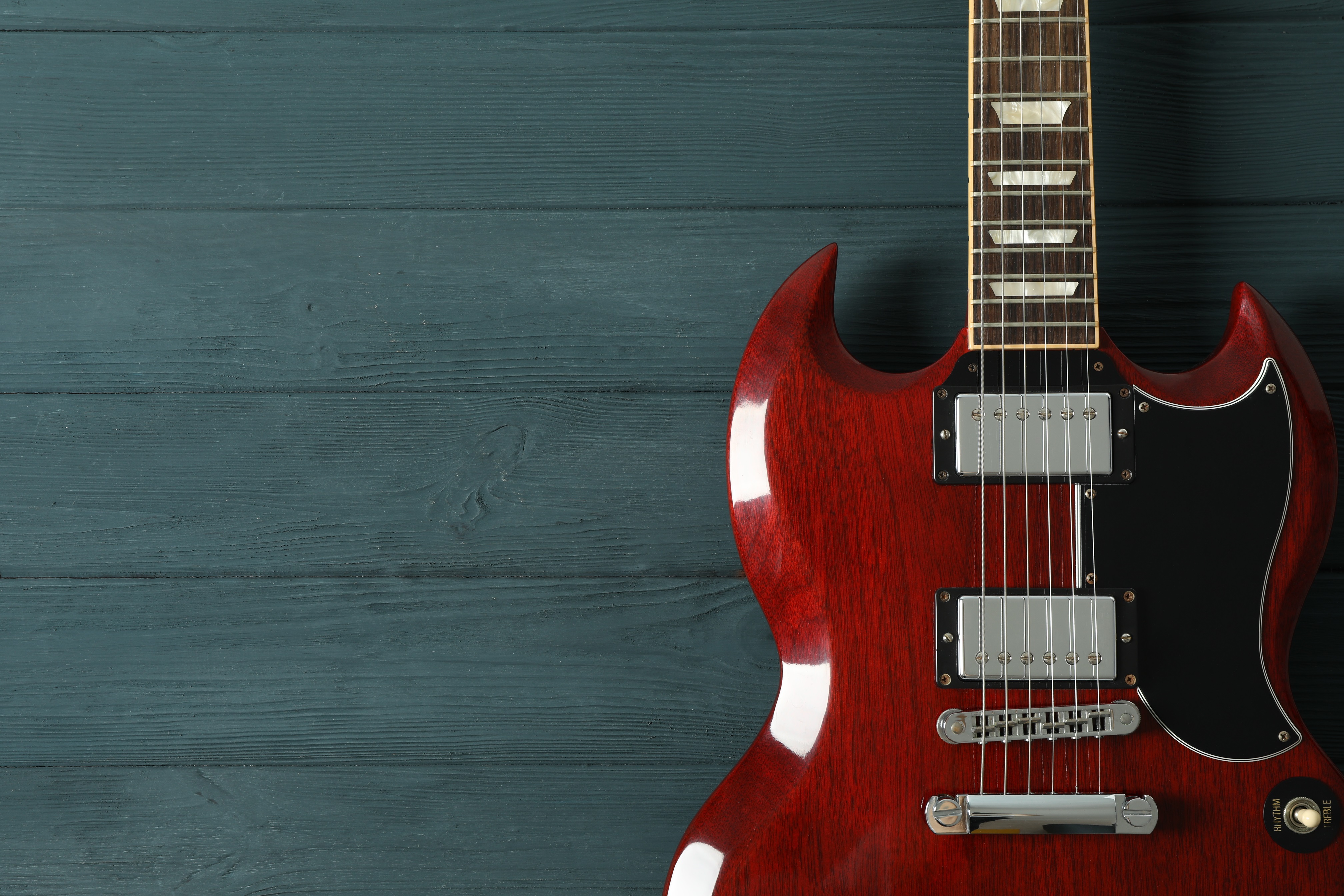
Scales are the building blocks of music, forming the foundation for improvisation, composition, and technical mastery. In today’s fast-evolving music education landscape—spanning from innovative Music Technology applications in North Yorkshire to traditional instruction in the City of York—electric guitar scales remain a core element of effective pedagogy.
At its most basic level, a scale is a series of notes arranged in ascending or descending order. For electric guitar players, these sequences are not just exercises; they are the language of the instrument. Learning scales improves finger dexterity, enhances muscle memory, and lays the groundwork for understanding Music Theory. Many music lessons emphasize that without a firm grasp of scales, students may find it challenging to progress to more advanced techniques such as improvisation and solo performance.
Music teachers and instructors in music education york programs often stress that scales are essential for personal development and technical proficiency. Whether practicing in a Primary School setting during term-time or engaging in professional development workshops at venues like the York Music Hub, students benefit from a disciplined approach to scale practice. This reflective practice helps in identifying both strengths and areas for improvement, reinforcing the principles of effective pedagogy.
Once the fundamentals of scales are mastered, electric guitar players can explore the creative realms of improvisation. Scales provide the framework that guides spontaneous musical expression. For example, the pentatonic and blues scales are staples in many genres, offering players a familiar palette from which to create memorable solos. This improvisational approach is central to professional development in music making, fostering a mindset where experimentation is welcomed and mistakes are seen as opportunities for growth.
The incorporation of Music Technology into scale practice has opened new avenues for learning. Digital tools and apps enable students to visualize scales, record their practice sessions, and receive instant feedback—enhancing both reflective practice and teaching experience. This blend of traditional techniques and modern methods not only meets the entry requirements of advanced music programs but also supports a dynamic, interactive learning environment.
While creativity and improvisation are vital, repetition and focused practice remain key to technical mastery on the electric guitar. Consistent practice of scales builds the muscle memory required for rapid finger movements and precise note articulation. Music teachers highlight that regular scale exercises contribute to a musician’s overall understanding of Music Theory, ensuring that every practice session translates into improved performance. This rigorous approach has been validated by research featured in the British Journal of Music Education, which demonstrates that systematic practice is integral to long-term success in music making.
Electric guitar players who dedicate time to scale practice often experience accelerated progress in their overall technique. This structured approach is central to effective pedagogy, fostering a sense of discipline that carries over into other areas of life. Whether it’s solo performance or ensemble playing, a strong foundation in scales enables players to navigate complex musical passages with confidence and precision.
In addition to technical benefits, the practice of scales on the electric guitar contributes significantly to personal development. Students learn not only the importance of regular practice but also the value of setting measurable goals and engaging in reflective practice. Such skills are transferable to other aspects of learning and life, from improving writing skills to enhancing problem-solving abilities. In this way, the discipline instilled by scale practice supports a holistic approach to music teaching, ensuring that students develop both as musicians and as well-rounded individuals.
Moreover, the emphasis on scales resonates across different educational settings—from early childhood music programs to advanced lessons offered by experienced music teachers. This wide range of instructional contexts underscores the universal value of scales in music education, reaffirming their role as a fundamental element of effective pedagogy.
For electric guitar players, scales are far more than just a technical exercise—they are the gateway to creative expression, technical mastery, and a deeper understanding of Music Theory. From the classrooms of music education york programs to the innovative workshops at the York Music Hub, the practice of scales is a vital component of a musician’s journey. By integrating traditional methods with modern Music Technology, instructors ensure that every student benefits from a well-rounded approach to music making.